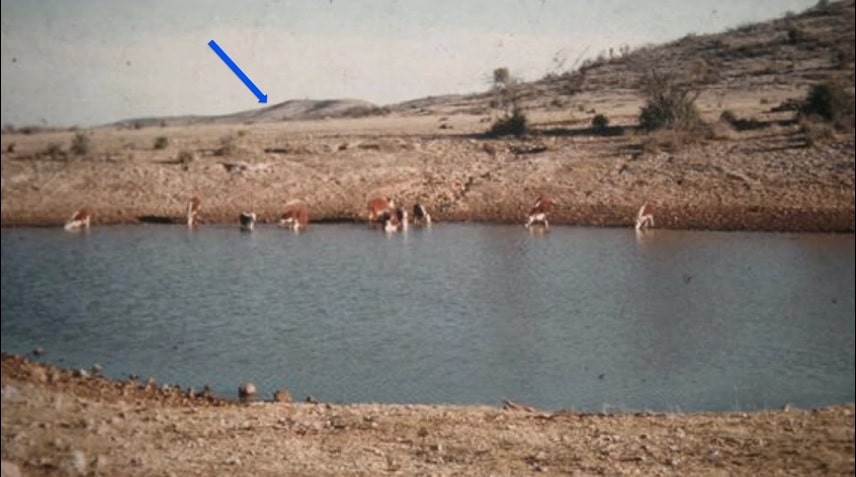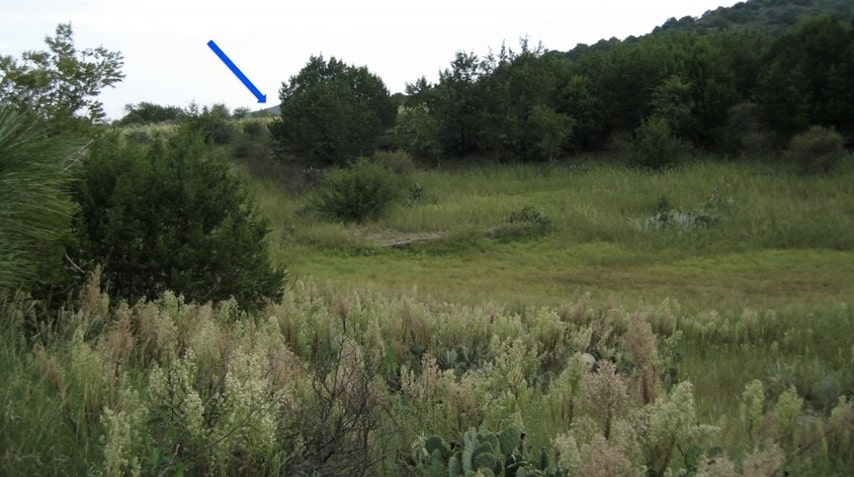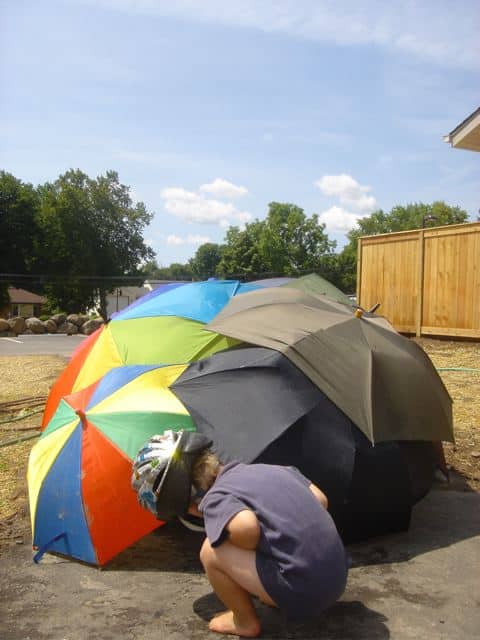Thriving on One Planet: The Big Picture

One planet thriving means thriving on one planet’s worth of resources. It could also be called sustainable well-being. It means having physical and mental health and time to enjoy them by living a sustainable (or even restorative) and resilient lifestyle. We now know for the first time in history that one planet thriving has always been the most important goal for humanity — it’s only now in the Anthropocene era when humans are the primary actors on the planet that it has become clear.
This site is about the fact that we are currently failing at one planet thriving and it’s about the physical and social technologies we can use to succeed. We integrate science, history, mindfulness, permaculture, mental and physical health, community, and environmental issues. We focus on the physical technologies (e.g., biofuel, wood stoves, rocket mass heaters) and social technologies necessary to get from our dysfunctional status quo to one planet thriving.
Social technology is heavily emphasized for 3 reasons: (1) It is the hardest to use successfully, (2) It is an area of my own expertise (about us), and (3) one planet thriving will depend on cooperation and, for us humans, social connection is vital to well-being.
As Fukuoka reminds us, “the ultimate goal of farming is not the growing of crops, but the cultivation and perfection of human beings” (Masanobu Fukuoka, The One-Straw Revolution). In fact, we are not separate from nature; on the contrary, “we are nature, working” (Penny Livingston Stark). Thus, a thriving planet is a thriving us.
Finally, let’s remember that “The question which must be addressed…is not how to care for the planet, but how to care for each of the planet’s millions of human and natural neighborhoods…” (Wendell Berry, 1989). In other words, think globally, act locally.
One way of organizing a discussion of one planet thriving is to split the subject into three parts: the dysfunctional status quo, the functional future, and the transition to that future.
The Dysfunctional Status Quo. Our modern way of life is the largest, most unethical failure in human history. Past causes of societal collapse are happening now, including record levels of deforestation, erosion, desertification, water management problems, overhunting, overfishing, invasive species, and overpopulation. These combine with new causes of collapse that are also present now, including climate change, the health effects of thousands of human-made chemicals, the end of cheap energy, the re-emergence of infectious disease, and weapons of mass destruction (e.g., nuclear warheads and biological warfare). Millions of people throughout the world are experiencing massive levels of suffering and many species on our planet are going extinct. We rank #137 (out of 140 countries) in the world for sustainable well-being because the way we live is not sustainable. And, to be clear, when we say that our way of life is not sustainable, what that means is that it will either evolve, continue to degrade, or collapse.

Solutions for a Functional Future. We already know what thriving looks like. It means being happy, healthy, and living a long time. Sustainable well-being — or one planet thriving — means maximizing our well-being by using a sustainable level of resources, one planet’s worth to be specific. Using proven principles of permaculture, keyline design, and holistic management to design and nurture ecologically sound 
The Transition. I’ve written an ebook on this, demonstrating a series of solutions to our 12 big problems. While this set of solutions is not difficult, the transition from the dysfunctional to the functional can be daunting, particularly for urban dwellers who may lack the skills or the inclination to change. At the same time, urban and fossil fuel resources are very powerful levers for establishing a thriving future! We can use bulldozers to reshape the land, we have unprecedented levels of knowledge suggesting models that are more successful than status quo, and there are technologies that may be vital (e.g., converting CO2 to Methenol).
See this video covering some of this material.
Pictures source: Allan Savory’s 2013 TED Talk, also part of the companion book.
Save
Save
Save
Save
Save
Save
Save
Save
Save
Save
Save
Save
Save
Save
Save
Save
Save
Save
Save
Save
Save
Save
Pingback: Earth Champs: Alternative to Boy Scouts | One Planet Thriving
Pingback: Societal Collapse: Volatility and Resilience | One Planet Thriving
Pingback: Top 5 lessons learned living in a village: A psychologist’s view | One Planet Thriving
Pingback: Solutions for a Functional Future | One Planet Thriving
Pingback: Wood vs. Natural Gas (vs. Rocket Stoves) for Environmental and Personal Health | One Planet Thriving
Pingback: Reflections on my first summer at Troy Gardens Cohousing | One Planet Thriving
Pingback: Intimacy Strategies for Thriving | One Planet Thriving
Pingback: Levels of Resilience: Eggs in one basket? | One Planet Thriving
Pingback: Short-term resilience: Prepping for Disasters | One Planet Thriving
Pingback: Carving Spoons and Building Relationships | One Planet Thriving
Pingback: Being on the Edges | One Planet Thriving
Pingback: Stirling Engines – Notes | One Planet Thriving
Pingback: Rocket Stoves & Rocket Mass Stoves (& Wood Stoves) | One Planet Thriving
Pingback: Be kinder than necessary, everyone you meet is fighting some kind of battle. | One Planet Thriving
Pingback: Spoon carving – Notes | One Planet Thriving
Pingback: The Four Horsemen of a Relationship Apocalypse | One Planet Thriving
Pingback: Food Storage | One Planet Thriving
Pingback: NewenHouse | One Planet Thriving
Pingback: What is civilization, is it sustainable, and how long do civilizations last? | One Planet Thriving
Pingback: The Dehumidifier Does My Laundry | One Planet Thriving
Pingback: Great Talk: Real Communication and the Empathy Dialog | One Planet Thriving